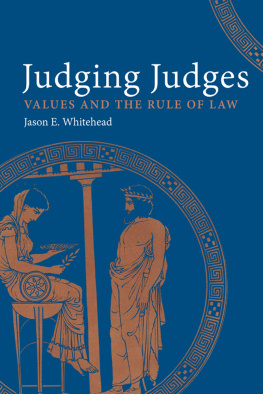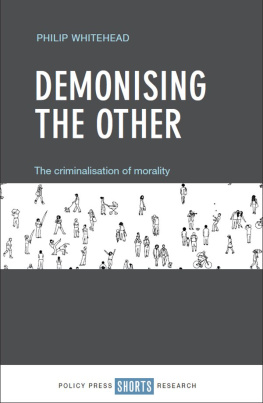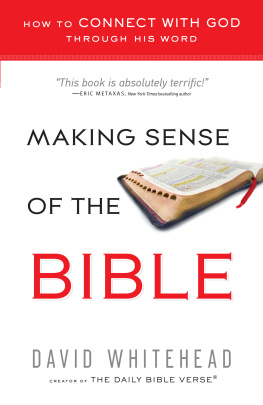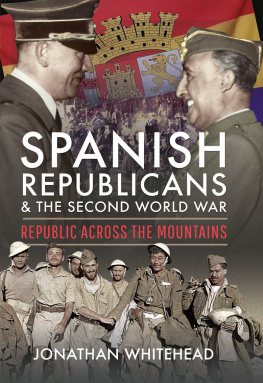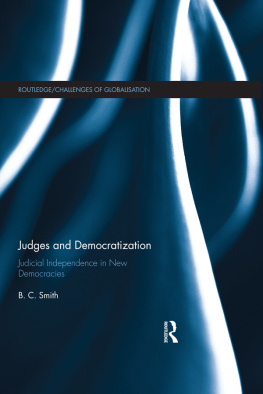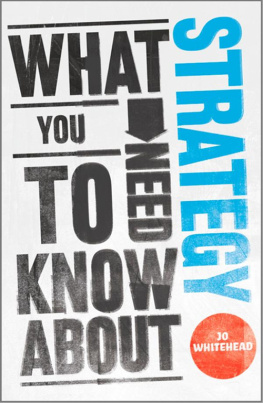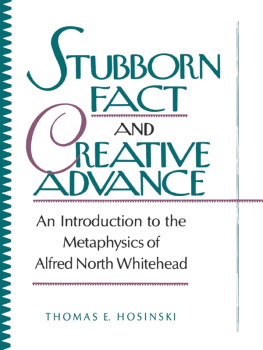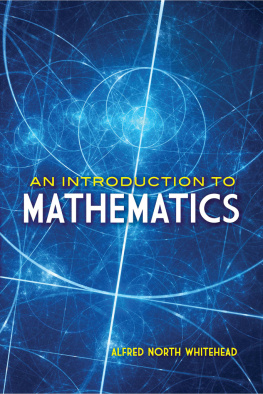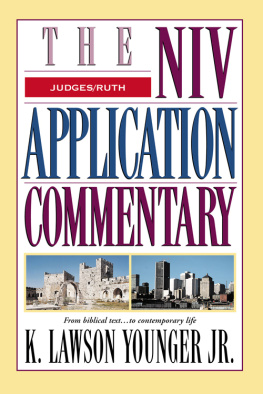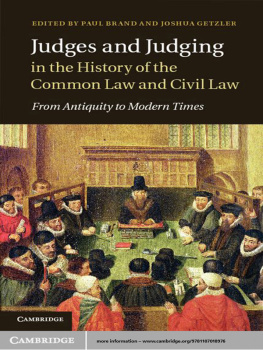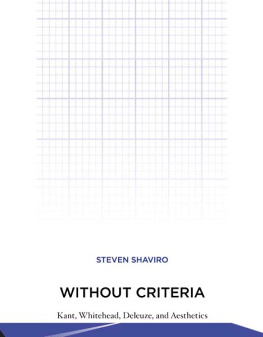2014 by Baylor University Press
Waco, Texas 76798-7363
All Rights Reserved. No part of this publication may be reproduced, stored in a retrieval system, or transmitted, in any form or by any means, electronic, mechanical, photocopying, recording, or otherwise, without the prior permission in writing of Baylor University Press.
Cover Design: Savanah Landerholm
Cover Image: Themis and Aegeus (Attic red-figure kylix). From Eduard Gerhard, Das Orakel der Themis. Programm zum Winckelmannsfeste der Archologischen Gesellschaft zu Berlin 6. Berlin, 1846.
Book Design: Diane Smith
eISBN: 978-1-4813-0376-7 (Mobi/Kindle)
eISBN: 978-1-4813-0375-0 (ePub)
This E-book was converted from the original source file by a third-party vendor. Readers who encounter any issues with formatting, text, linking, or readability are encouraged to notify the publisher at . Some font characters may not display on all e-readers.
To inquire about permission to use selections from this text, please contact Baylor University Press, One Bear Place, #97363, Waco, Texas 76798.
Library of Congress Cataloging-in-Publication Data
Whitehead, Jason E., 1970 author.
Judging judges : values and the rule of law / Jason E. Whitehead.
253 pages cm
Includes bibliographical references and index.
ISBN 978-1-60258-525-6 (hardback : alk. paper)
1. Judicial processUnited States. 2. Judicial processPhilosophy.
I. Title.
KF8775.W48 2014
347.7314dc23
2014001491
For Donna and Justin
who make life worth livingACKNOWLEDGMENTS
T his book has been gestating for a long timeat least since the late 1990s. But no matter how long the gestation period, the book would never have actually been born without a lot of inspiration and help from those who have guided me through various stages of thinking, writing, and living.
Most recently, Carey Newman at Baylor University Press believed in this book enough to take it on as his own project, and he expertly coached me through each redraft of the chapters. If there is any crispness and liveliness in the prose, Carey should get the praise. Jordan Rowan Fannin did a very thorough and professional job of pulling all the threads of the manuscript together at the end of the revision process. Diane Smith transformed my crude figures and line drawings into professional images.
With regard to the subject matter of the book, I am extremely grateful to the many judges who contributed to the project in various ways. The identities of the twenty-four judges who agreed to be interviewed are confidential, but I will always remember the kindness of each one who agreed to take time out of their busy schedule to talk to me about their life and work. I owe an even bigger debt to some other judges, for whom I had the honor of working. Associate Justice Jack L. Landau, of the Oregon Supreme Court, was my first boss after law school, back in the days when I still considered myself a critic of the rule of law. He taught me more about judging in good faith than I ever learned from a book. Magistrate Judge Andrew Wistrich, of the U.S. District Court in Los Angeles, spent many lunches with me discussing his own research into the psychology of judging. Magistrate Judges Carla Woehrle and Brian Quinn Robbins, from the same court, were always willing to sit and chat about judicial philosophy and legal history. I am also grateful to all of these latter judges for participating in a pilot study I conducted in graduate school and for making key introductions that eventually led to many of the interviews I did for this book.
Howard Gillman was the best advisor and mentor I could have hoped for when I went back to graduate school, at the University of Southern California (USC). His combination of intellectual curiosity, scholarly skill, and humanist values has been a huge inspiration. I am most grateful to him for convincing me that a phenomenology of appellate judging was not only appropriate but also absolutely essential. While there are certainly things about this book that reach beyond, and probably fall below, Dr. Gillmans expectations, he gave me much-needed confidence that the underlying idea was sound. Other professors at USC, including Jeb Barnes, Alison Renteln, Leland Saito, and Erwin Chemerinsky, also helped immensely by commenting on early iterations of this project and making some crucial introductions to judges. The Jesse M. Unruh Institute of Politics at USC provided some crucial funding that paid for the transcription of many of the interviews. The CSU Chancellors Doctoral Incentive Program also came through with a forgivable loan that bought me much-needed time to focus on interviews, coding, and analysis.
Two of my former professors who left this world too soon made an especially indelible mark on my thinking and writing. Edwin Roberts showed me that political ideas were not something merely to be discussed but to be wrestled with, sweated over, and fought about. Making him proud of me is one of the biggest accomplishments of my life. Although there is much in this book with which Dr. Roberts would disagreeperhaps aggressively soI dearly wish he had lived long enough to read it. Dallas Willard single-handedly opened up the world of continental philosophy to me. At a crucial turning point in my life, he also showed me that it was still possible to know and live the truthnot only about philosophy but also about life, love, and God. I can still hear his gentle, steady voice reminding me that [w]e were built to count, as water is made to run downhill. We are placed in a specific context to count in ways no one else does. That is our destiny.
Speaking of destiny, I thank God every day for giving me the chance to return as a professor to California State University, Long Beach (CSULB), where I studied as an undergraduate. I came here as a first-generation college student who was interested in politics but who knew next to nothing about what people did at a university. CSULB professors opened a whole world of competing ideas and theories to me and taught me to find my own voice in that world. Almost twenty years later, they gave me the chance to do the same for a new generation. Among all of my great colleagues in the CSULB Political Science Department, a few have significantly helped with this book through their advice about publication venues, book proposals, and the editorial process, including: Terri Wright, Mary Caputi, Larry George, Chuck Noble, and Ron Schmidt. My students at CSULB have also contributed to this book, often unknowingly, especially Amy Fernandez, Ryan Ashlock, Alex Lohman, Janae Knallay, John Sellers, Erin Adam, and Christian Muro. Students like these are what the job of being a professor is all about. In many ways, they have become my greatest teachers.
Reaching back a little farther, I am also grateful to all the other great teachers who have dotted my intellectual landscape over the years, especially Mike and Ina Levin, Stan Caldwell, Luellen Crooks, John Gates, and Judith Grant. When I was growing up, my teachers were virtually the only college-educated people I knew. They gave this working-class kid the crazy idea that I could become a lawyer and a professor. More significantly, they gave me the knowledge and skills that helped me succeed in those arenas.

